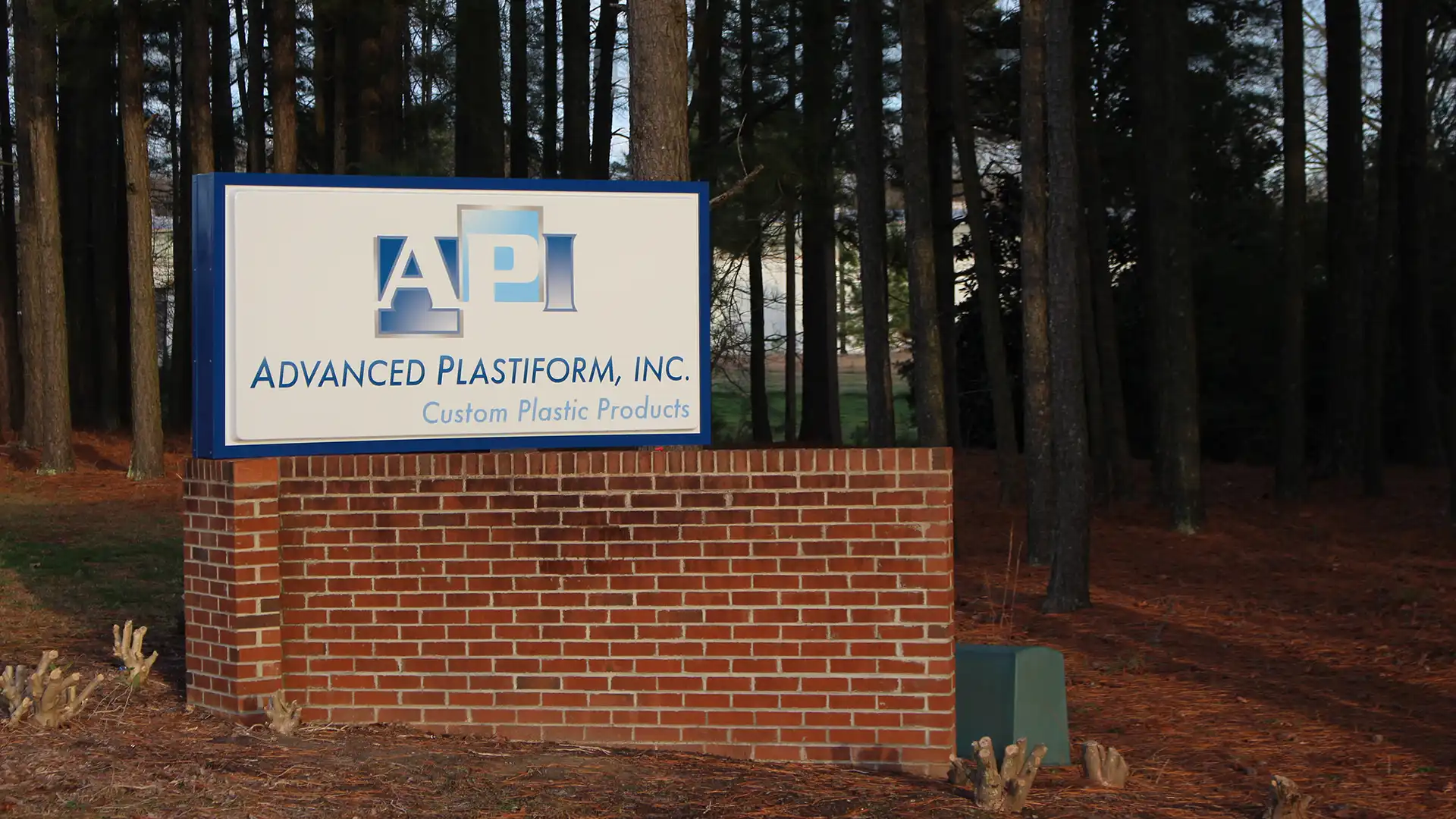We're looking at three amazing medical innovations made possible by plastics.
One of the greatest benefits to using plastics is their longevity. However, when certain polymers are placed in adverse conditions, like extreme heat or exposure to certain chemicals, they can break down faster. For the plastics used in automotive injection molding and thermoforming, we use plastics with antioxidants added in to increase its lifespan and durability. But how do antioxidants work for plastic? Are they the same as the antioxidants in vitamins? Our injection molding company is going to answer these questions and more.
What Are Free Radicals and Antioxidants
First, let's define the terms we're going to be using to describe this process. Free radicals are uncharged, unstable molecules that are constantly being produced through oxidation (a chemical reaction that moves electrons from existing molecules). Rust is created when iron reacts with oxygen and the iron molecules lose electrons while the oxygen gains them. Apples turn brown because the fruit enzyme polyphenol oxidase reacts with oxygen in the air.
In the human body, oxidation occurs through metabolism, and this process speeds up when exposed to toxins like tobacco smoke, and over time, can damage cells, speeding up the aging process and even increasing the risk of cancer. In plastic, heat and chemical exposure speed up the oxidation process.
How Do Antioxidants in Plastics Work?
This is where antioxidants come in. Antioxidants neutralize the free radical molecules that speed up oxidation and lead to damage. You've probably heard of antioxidants for your health - vitamin C, beta carotene, and lycopene are examples of powerful antioxidants found in food that we can eat to slow down free radicals from attacking our cells. If you dip a sliced apple in lemon juice, it won't turn brown as quickly because the vitamin C slows down the oxidation process my neutralizing free radicals.
Types of Antioxidants
There are two main types of antioxidants used in plastic:
- Primary Antioxidants: Known as "chain-breaking antioxidants," they are radical scavengers that remove alkyl radials that occur when high temperatures snap the polymer chains and hydroxyl radicals that develop from abstract hydrogen; Examples include hindered phenols;
- Secondary antioxidants: These remove organic hydroperoxides that are formed when primary antioxidants remove free radicals. If not removed, hydroperoxides can cause fresh radical reactions. Examples include phosphites and thioethers;
Typically, blends of both primary and secondary antioxidants work together for a superior process. In injection molding, phosphites stabilize the plastic during the melting process while thioethers are ideal for plastics that are frequently exposed to heat during its usage.
Antiozonants also prevent and slow degradation of polymers caused by ozone. This is more likely to affect rubber where ozone can lead to cracking, but it can also affect plastics.
When Are Free Radicals Produced in Plastics?
With plastics, most oxidative degradation is caused by extreme high temperatures, often above the melting point of the polymer. This most often happens during the manufacturing process, particularly in injection molding, so many of the plastics we use for this method of manufacturing include primary and secondary antioxidants.
Also, depending on the plastic's use affects its temperature. While most plastics used in food packaging or children's toys don't degrade, materials such as polypropylene used in automotive plastics like battery casings are exposed to high heat while the car is running. Without antioxidants, the plastic's lifespan would be significantly reduced and require expensive replacements on a much more frequent basis.
Rely on Us for High-Quality, Long-Lasting Plastics
Whether you need plastic parts created through injection molding or automotive plastics that are thermoformed, we take pride in designing and manufacturing custom pieces that will hold up to a variety of conditions. In addition to quality, we offer short lead times and lower per-unit prices and serve customers across the Mid Atlantic and Southeast, including North Carolina, South Carolina, Pennsylvania, Maryland, Tennessee, Georgia, and Virginia.
Contact Advanced Plastiform, Inc.
Let Us Know How We Can Help!

